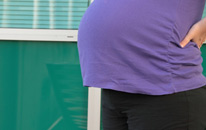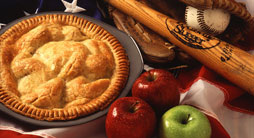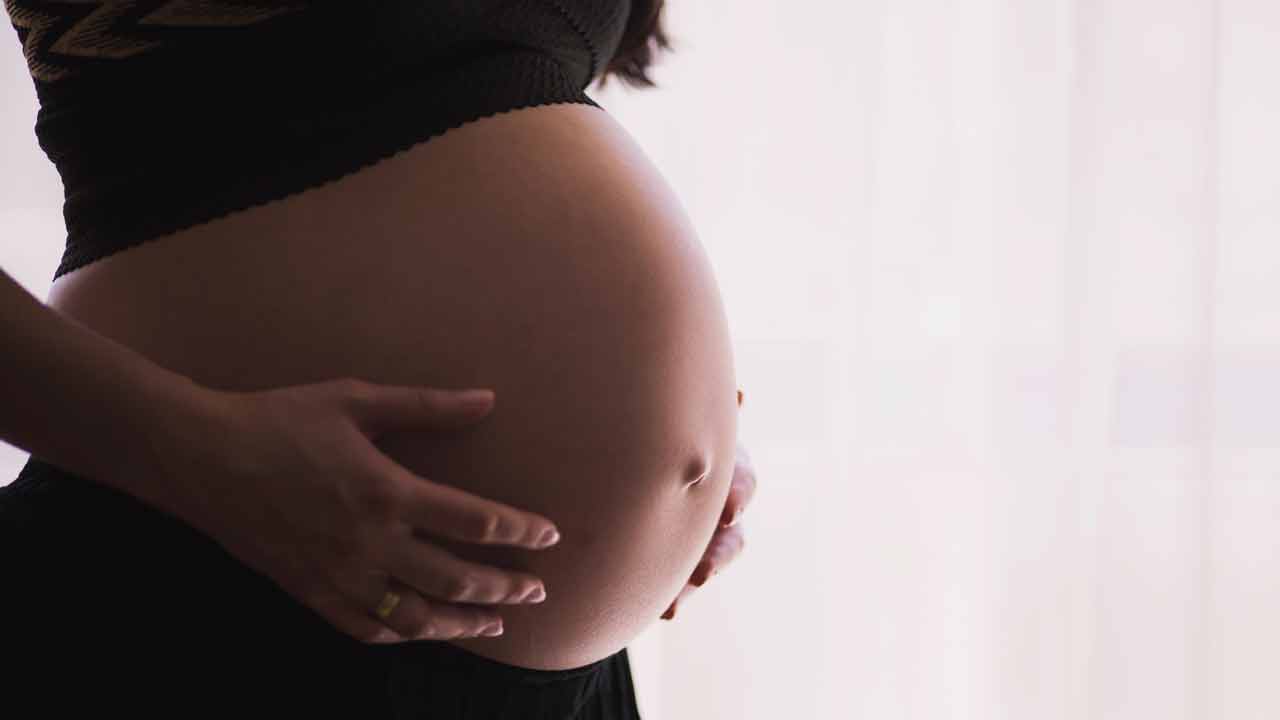Kids and Cooking
Do kids who cook make better food choices?
Can cooking classes influence children’s food preferences and behaviors in a positive way? Can you raise your child’s willingness to try new foods, specifically fruits and vegetables, after including them in cooking education?
Eight studies that looked at hands-on cooking education programs among children 5 to 12 years of age. The programs were held in school or community settings… and varied in style and length… from 2 sessions to regular instruction over 2 years. The children were evaluated using different methods, depending on the study.
Among the tools used: questionnaires that asked about their attitude toward food and cooking, dietary intake, fruit and vegetable preferences, cooking confidence and food-related knowledge. Some of the interventions also included body mass index, waist circumference, blood pressure and total body fat measurements.
The conclusion: Cooking classes tended to influence children’s food preferences and behaviors in a positive way. In studies that measured it, children’s willingness to try new foods, specifically fruits and vegetables, increased after the cooking interventions. And participants’ fruit and vegetable consumption, as reported by their parents, also significantly increased.
Further study is needed to better determine ideal program length, long-term effects, and usefulness of parent engagement and other intervention components.






